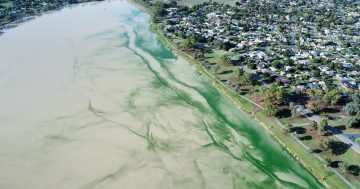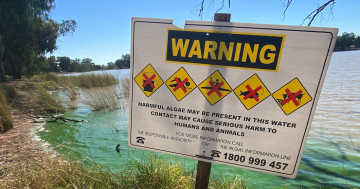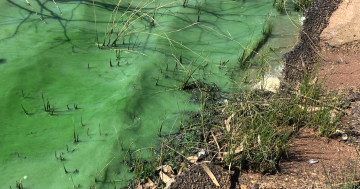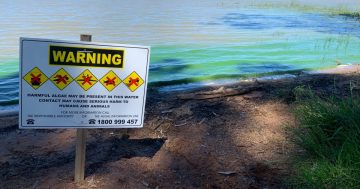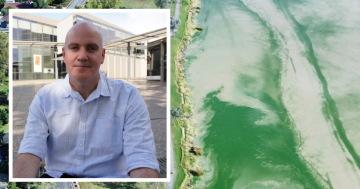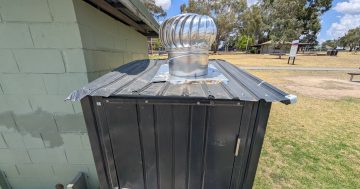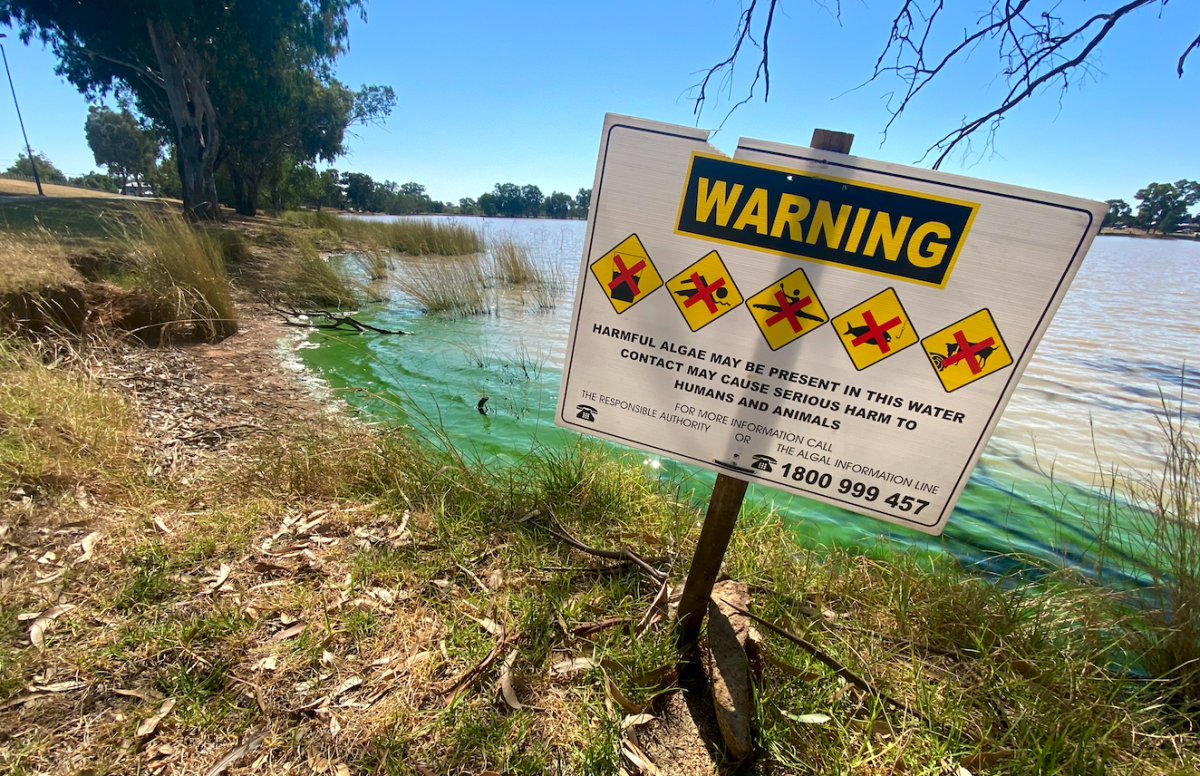
A new report from Wagga Wagga City Council has found that Lake Albert experienced an unusual species of blue-green algae much later in the year than normal. Photo: File.
Lake Albert’s issue with blue-green algae (BGA) continues to be a thorn in Wagga Wagga City Council’s side, with a new report showing a new species affecting the site.
According to council business papers for its 2 August meeting, a test for BGA on 28 June showed some “very high readings”, considered “unusual for this time of year”.
The BGA variety reported in the readings is apparently “not normally the dominant species” found in the lake, with the council attributing it to “warm sunny days along with the usual dominant species being impacted by the Waterzyme product”.
WWCC still has some questions about whether the $150,000 Waterzyme product, which it began using to treat the BGA in the lake in January, has been effective as it wasn’t applied before the traditional early summer period in which the algae blooms.
The business papers say that before the 28 June test, the treatment saw positive results but was not able to eliminate the BGA, particularly in shallow locations and areas of stormwater and other discharge.
“It is not known what the impact would have been if the Waterzyme product had been applied before the significant bloom being present,” the report says.
Despite the product’s inability to eliminate BGA blooms so far, WWCC has revealed that Waterzyme has proposed to continue the treatment for the “upcoming summer season that would see the lake treated earlier to avoid an initial bloom”.
WWCC recognised that if it were to continue the Waterzyme treatment, it would need to provide “improved delivery” of the product and better support arrangements for locals (including the boat club) who use the lake.
“The use of the Waterzyme product required significant local support for its use,” the report states.
“Staff continue to have discussions with other government organisations and suppliers of possible emerging treatments of BGA.
“It is recommended that staff continue to explore all available options (including Waterzyme) and provide further advice to council closer to the summer season on what treatments would be available for the upcoming season.”
WWCC did report that since the sudden drop in temperature and cloudier days in recent weeks, the water quality had “significantly improved and the visible algae has all but disappeared”.







